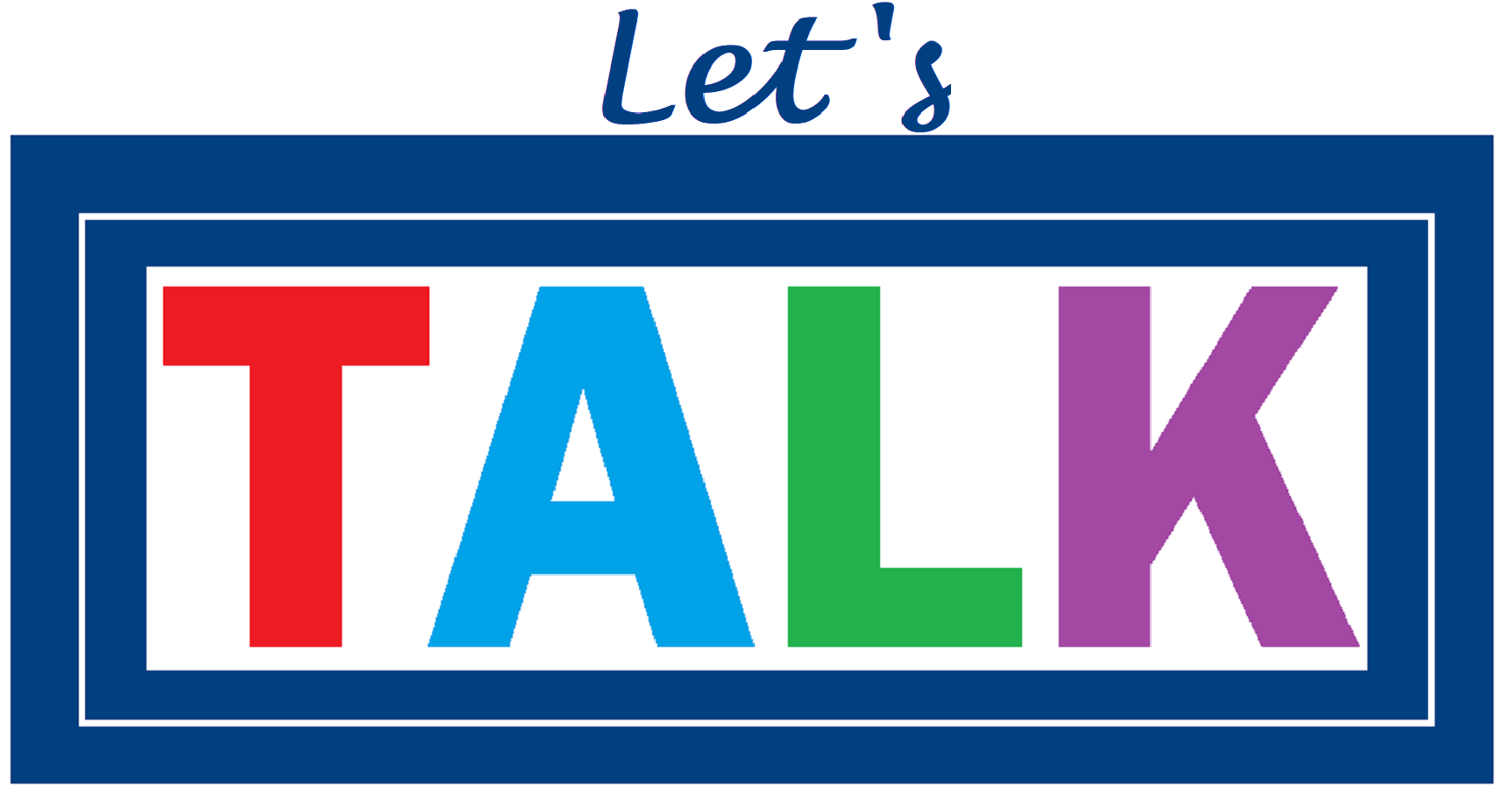By Bruce Bowman
The Town of Glastonbury has the distinction of being a ‘Climate Leader’ for its recognition and actions demonstrating the Town’s commitment to environmental, economic, and social stewardship, while remaining fiscally responsible. In 2018, the Town enacted a Sustainable Purchasing Policy where it seeks in part to encourage environmental sustainability by being mindful of pollutant releases and toxins, air emissions, and water pollutants. There should be minimal waste generation and overall waste minimization. All products purchased by the town must be viewed with an eye towards recyclability. Potential negative effect on human health and the environment must be accounted for in all purchases. The Town also encourages town residents to protect our waterways by signing a Watershed Pledge to be more mindful of water use and to improve the quality of water runoff from our property.
Do you know that there is consideration being given to installing one and possibly two new artificial turf fields in town? There are significant cost, health, safety and environmental concerns regarding the use of artificial turf fields in the Town of Glastonbury. As recently as this fall the city of Boston banned artificial turf in their park over concerns of toxic ‘forever chemicals’ found in these synthetic fields. In addition to PFAS compounds found in the plastic blades of grass, the ground up tires used as a cushioning fill contain heavy metals like lead and cadmium, benzene, volatile organic compounds (VOC’s). The fields emit methane gas, a potent greenhouse gas and shed microplastics that end up in our waterways and food supply.
There are residents and parents in town who have expressed serious concerns regarding the investment of potentially millions of dollars in a product that they feel is bad ecologically and carries potential negative impacts on health. These concerns arise from many distinct aspects of a decision to install new turf fields. These include, but are not limited to:
- Cost to install and maintain relative to natural grass fields, cost to retire a field at the end of its life cycle
- Potential negative health impacts of exposure to and playing on artificial turf fields
- Negative environmental profile of the artificial turf fields that is in contradiction to our town Sustainable Purchasing Policy as these incompatible with the sustainability factors within that policy.
- There is no recycling of failed artificial turf fields in the US
TOWN OF GLASTONBURY ADMINISTRATIVE SERVICES – PURCHASING POLICY ARTICLE XII – SUSTAINABLE PURCHASING POLICY dated August 6, 2018. This document reads in part as follows:
Glastonbury Town Council Resolution, dated May 25, 2018, supporting participation in the Sustainable CT Municipal Certification Program, the Town recognizes its responsibility to minimize negative influences on human health and the environment while supporting a diverse, equitable, and vibrant community and economy. The goal of this policy is to encourage and increase the use of environmentally friendly products and services. The types of products and services that the Town purchases have an inherent social, human health, environmental, and economic influence; therefore, the purpose of this policy is to establish and confirm, where appropriate, a standard of sustainable procurement, demonstrating the Town’s commitment to environmental, economic, and social stewardship, while remaining fiscally responsible.
All of the statements contained herein will incorporate sustainability standards and environmental considerations, into procurement decisions where possible, practicable and cost effective, without reducing quality, safety or overall workplace effectiveness.
Sustainability Factors
Factors to be considered in procurement of products and services include, but are not limited to, the assessment of:
· Pollutant releases and toxins, air emissions, and water pollutants;
· Waste generation and waste minimization;
· Greenhouse gas emissions;
· Recyclability and recycled content;
· Energy consumption, energy efficiency, use of renewable energy;
· Depletion of natural resources
· Potential negative effect on human health and the environment
· Fiscal responsibility
While not all factors will be incorporated into every purchase, it is the intent of this policy that Town employees will make a good faith effort to balance these factors when making decisions.
These fields are not ecologically sustainable, and their purchase is contrary to the Town Sustainable Purchasing Policy and the Town Watershed Pledge. Proponents of artificial turf fields may or may not be fully aware of the environmental risks. At the present time, the professional sports of the National Football League (NFL) and national men’s and women’s soccer teams are against the use of artificial turf because of risk of injury and potential health exposures.
The components of the turf fields are not recyclable in the United States. Environmental degradation is death by a thousand cuts. At a time of climate crisis, we should not be investing our money in a product that is bad for the environment and not sustainable.
The TALK Environment Team seeks to promote conversations about the environment and climate change in our community. We encourage community writings for this column. If you have a related topic which you are passionate about, please send your ideas and suggestions for future articles to: prez@talk-action.org. All articles are archived on the TALK website https://talk-action.org.
